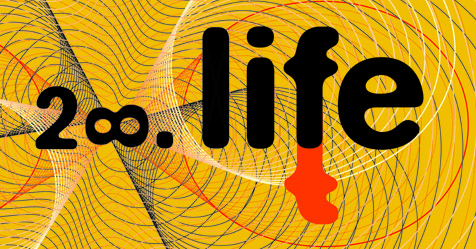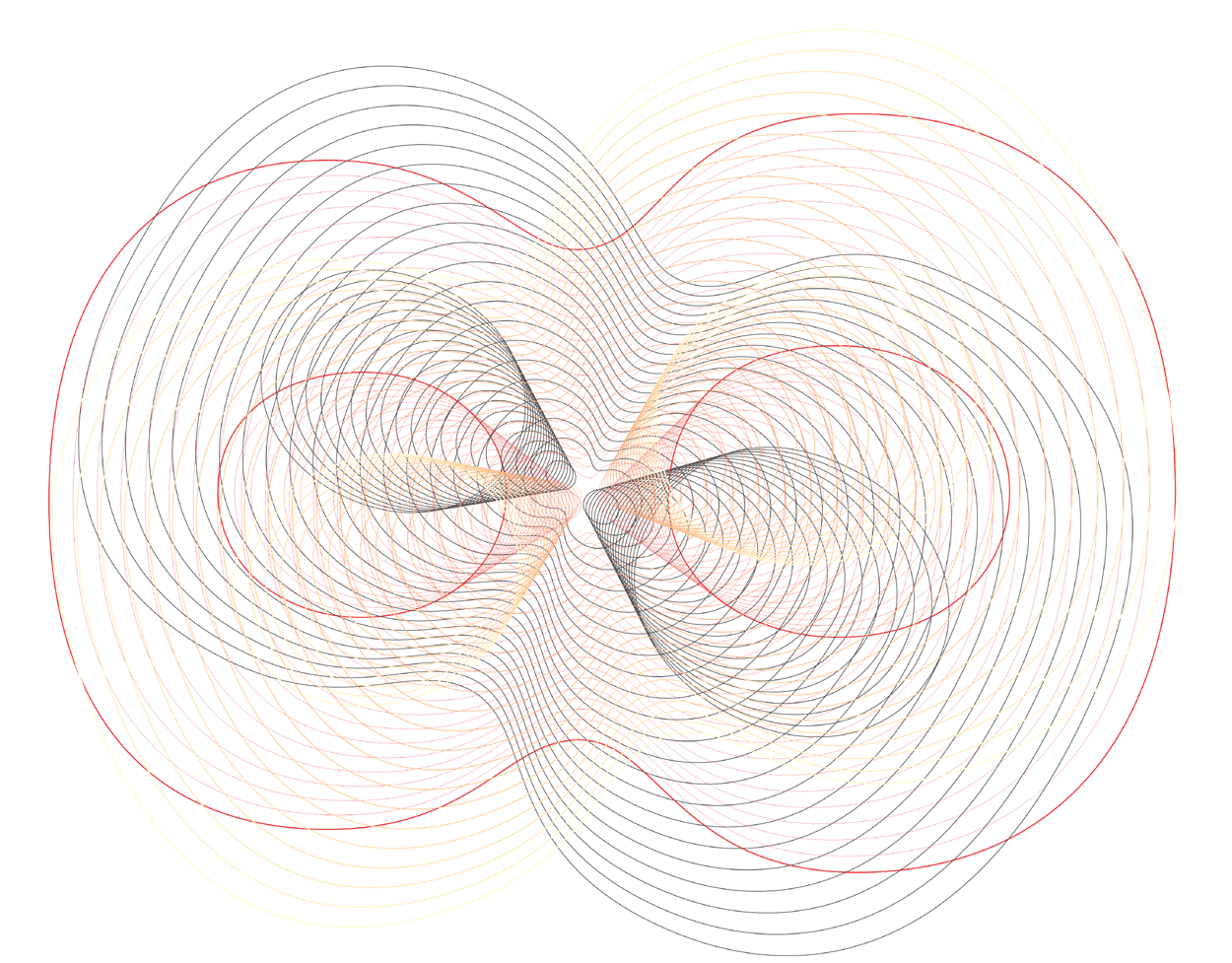Yesterday, after the screening of No Date, No Signature at the Kinodvor Cinema, the enthusiastic and fascinated cinema-goers had the opportunity to chat with its director, Vahid Jalilvand. The viewers asked many probing and interesting questions and received equally interesting replies. Had there been more time, an in-depth discussion could have ensued about the compelling philological aspects of the basic concepts that the filmmaker explored in the film co-scripted by Ali Zarnegar. The short Q&A was moderated by Toni Cahunek, and simultaneously interpreted by Nada Altbauer. The enthusiastic response and applause testified to the fact that the Iranian film is a crowd pleaser.
The film deals with a difficult moral issue; as it transpired from the talk with the director, the film sought to search the conscience of the lead character who finds himself in a tragic sequence of actions triggered by protagonists who are guilty without guilt. The movie revolves around the death of a child from the bottom of the social ladder. The doctor who had caused the accident involving the child and his family assumes responsibility for the boy’s death. It is gradually disclosed that the main culprit is not the doctor (who is struggling with his guilt and is ready to prove it): the focus turns to the disprivileged family. An anonymous – no name family, that is, if referring to the title. And, to proceed with our interpretation of the title: no signature perhaps means that nobody is absolutely and directly to blame for this long chain of mishaps. Accordingly, the feature did not provide the viewers with catharsis; it offered neither music nor humour. A filmmaking tour de force, No Date, No Signature is primarily a drama with a complex storyline and a tragic plot. We give it thumbs up.
Written by Nataša Šušteršič
Photo Domen Pal



